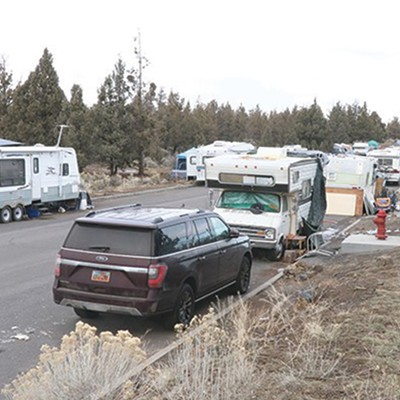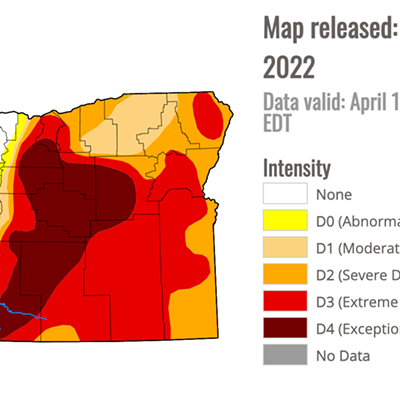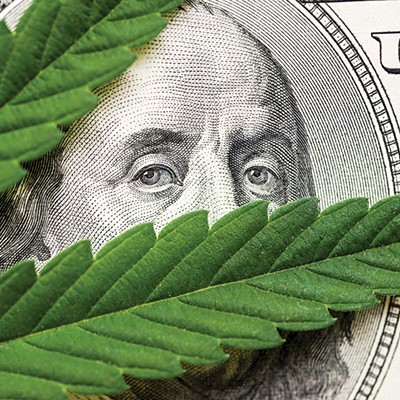On July 1, 2015, a little over a year ago, it became legal for Oregonians 21 and older to grow and consume cannabis. Although Oregonians voted to legalize so-called recreational cannabis consumption in 2014, state officials still have not begun issuing business licenses for the recreational market. That is expected to happen around October, nearly two years after the vote. In the meantime, the Legislature has authorized cannabis sales at existing medical marijuana dispensaries.
Oregonians have long consumed cannabis at a higher rate than the national average, and that fact is reflected in the official sales figures for 2016. Since January, there has been approximately $60 million worth of recreational cannabis sold in Oregon, generating nearly $15 million in taxes. The popular cannabis review site Leafly estimates that the price per gram is around $13.50 in Oregon, which is comparable to other states where cannabis is legal.
Experts say that the legal cannabis price will need to dip below $10 per gram in order to crowd out black market sales. That may be difficult to achieve with federal taxes on legal cannabis sales of about 70 percent, a tax rate far higher than any other product sold in the United States. And that tax is in addition to a state tax of 25 percent.
The state will soon lower the tax rate to 17 percent and allow local governments to tack on an additional three percent tax, something that most legal cannabis jurisdictions are expected to take advantage of, effectively creating a five percent drop in the tax rate. But unless the feds lower the tax rate on state-legal cannabis sales, it remains to be seen whether Oregon's new law will be enough to render black market sellers uncompetitive.
Many people tend to think of Oregon's legalization efforts as complete, but the stated goal of cannabis law reform is to stamp out the black market for cannabis and effectively replace it with a legal market. As the tax issue shows, the law may require further tweaks to make things work. And data on legal sales is showing that other areas of the law may need changes as well.
For example, two weeks ago Smoke Signals shared the story of Michael Hirsch, an Oregonian who was fired from his job for using cannabis to treat cancer even though he never used cannabis at work and never came to work impaired. Hirsch's job was eventually saved by employee-friendly union rules, but other Oregonians are not so lucky, with state employment law now allowing cannabis users to be fired for using cannabis even if it does not affect their job performance. The state's many alcohol-related businesses would surely ask the Legislature for a law prohibiting employers from firing drinkers who are not drunk or hungover at work, and we expect cannabis businesses to do the same.
Legal cannabis also seems to be generating increased public smoking of cannabis. A month ago, Smoke Signals shared Denver's new reputation as "the town that smells like weed." And in Portland and Seattle, tourists, renters, the homeless, and the merely uncaring have turned some public places into smoky enclaves, even though public smoking is prohibited everywhere in these cities. Imagine the consequences of allowing alcohol sales but prohibiting bars. As public smoking becomes more apparent, expect Oregon to follow Alaska's lead and allow businesses to open off-street areas where smokers can consume cannabis away from the public eye.























